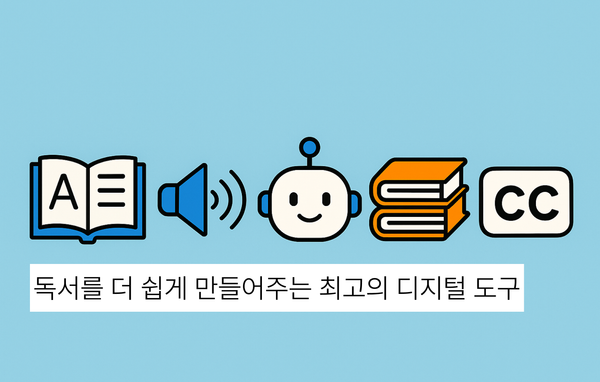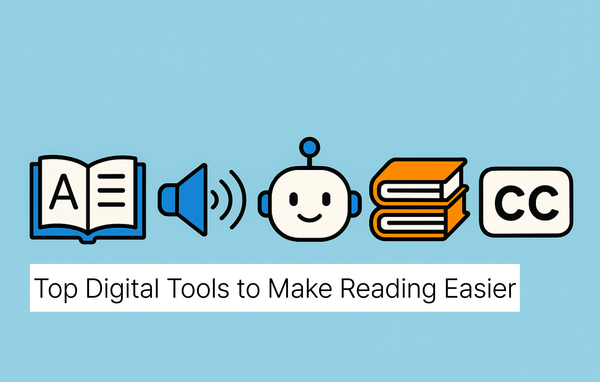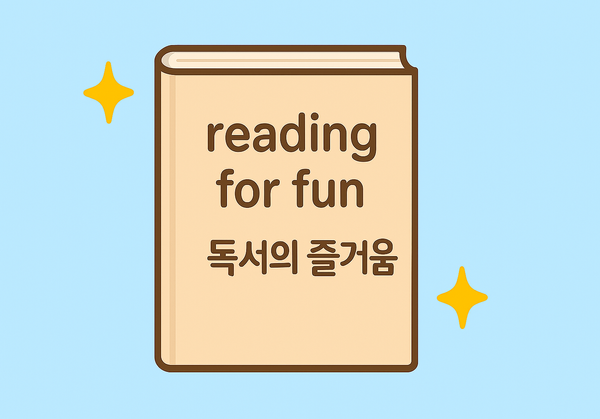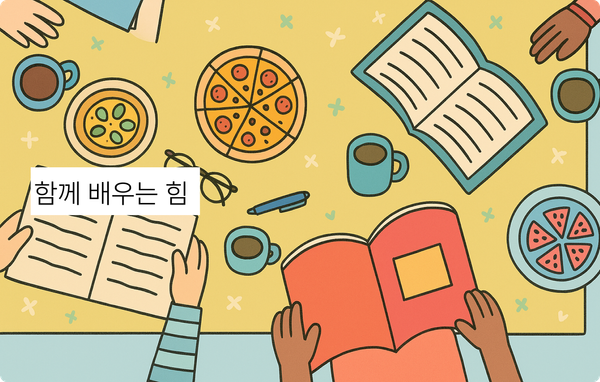Why is Reading for Fun Important?
Reading for fun isn’t just enjoyable—it boosts literacy, empathy, and lifelong learning. Learn why voluntary reading is key for children and adults alike.
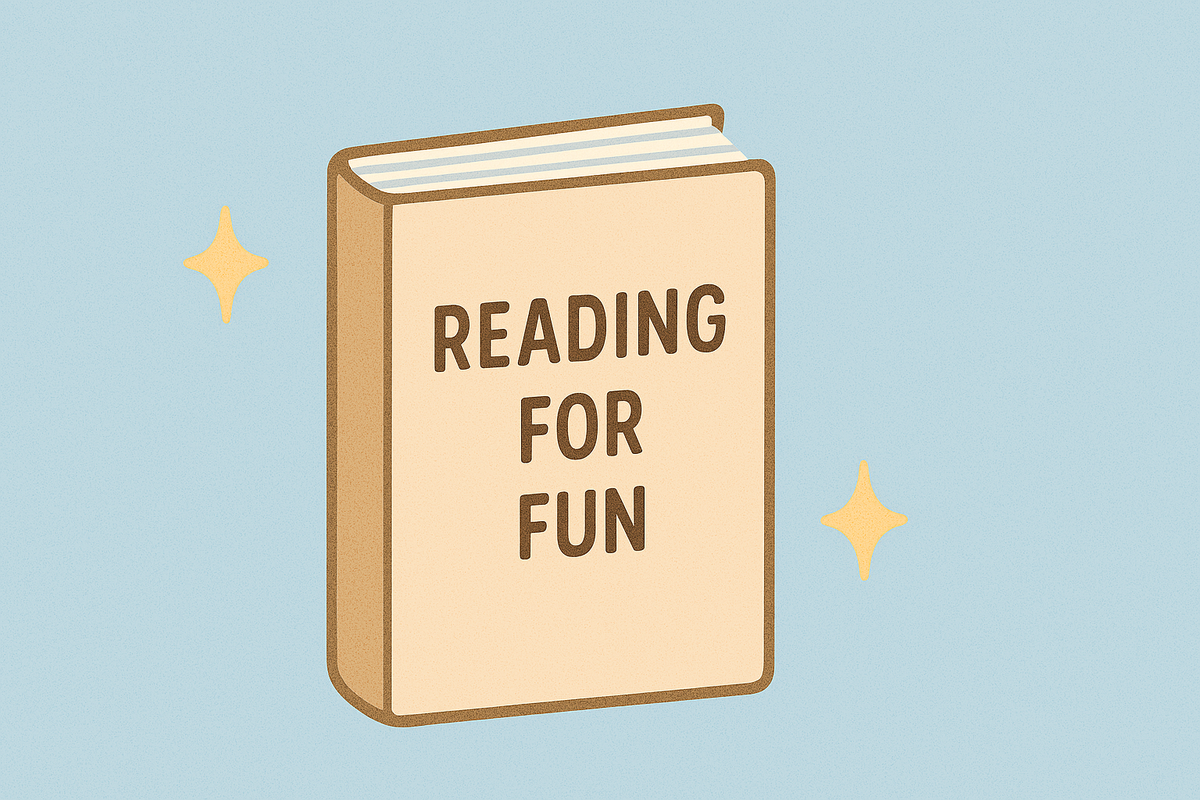
Dr. Stephen Krashen has demonstrated that voluntary reading — reading because you want to, not because you have to — is one of the most effective ways to develop literacy skills, expand knowledge, and foster a lifelong love of learning.
Let's explore why reading for pleasure is beneficial for children and adults alike!
What does "reading for pleasure" really mean?
Reading for pleasure means reading books and texts that interest you or that you find enjoyment in, rather than for work or academic purposes.
Although, sometimes the two can overlap.
By reading for pleasure, you'll subconsciously learn and your comprehension skills will improve.
“Free voluntary reading means reading because you want to. No book reports, no questions at the end of the chapter, no looking up words, no underlining or highlighting. Just reading.”
— The Power of Reading, Krashen (2004)
What are the differences between reading for fun versus assigned reading?
The main difference between reading for fun versus reading for work is interest and motivation.
When readers can pick what they want to read, they're more likely to read out of enjoyment and have a deeper understanding of the material.
Whereas required or assigned reading may not always be in the reader's interest.
They'll have less motivation to follow through with the task as thoroughly or with as much engagement.
“Assigned reading and required book reports can destroy the desire to read. Real reading happens when we have the freedom to choose and the time to enjoy it.”
— The Power of Reading, Krashen (2004)
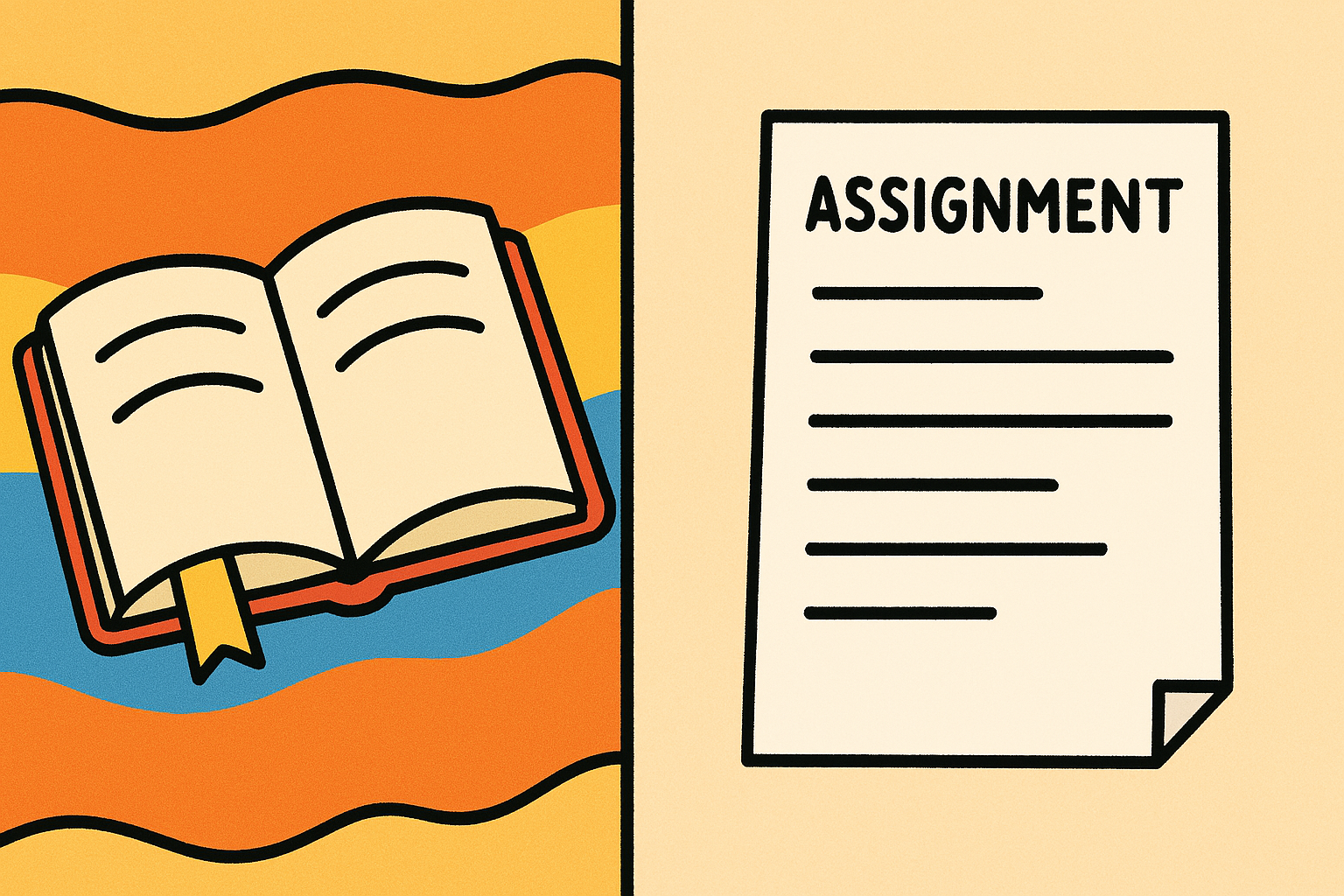
How is reading an academic advantage?
By reading regularly, you can improve multiple skills such as writing, spelling, and vocabulary, setting you up for success in your academic endeavors.
"Children who read more, read better, write better, spell better, and have larger vocabularies. In addition, they do better in tests of grammar and understand more of what they read."— The Power of Reading, Krashen (2004)
Beyond that, reading can benefit everyday problem-solving and critical thinking skills for all ages, across many subjects and situations.
Can reading build empathy and social skills?
By reading, you immerse yourself in other people's worlds, their ways of thinking, life experiences, and stories.
When you expose yourself to a variety of genres, your understanding of others deepens, improving your ability to connect and communicate with people on an empathetic level.
Even more so, it allows you to understand yourself better.
“Literature allows us to live other lives, understand others, and, in doing so, better understand ourselves.”
— The Power of Reading, Krashen (2004)
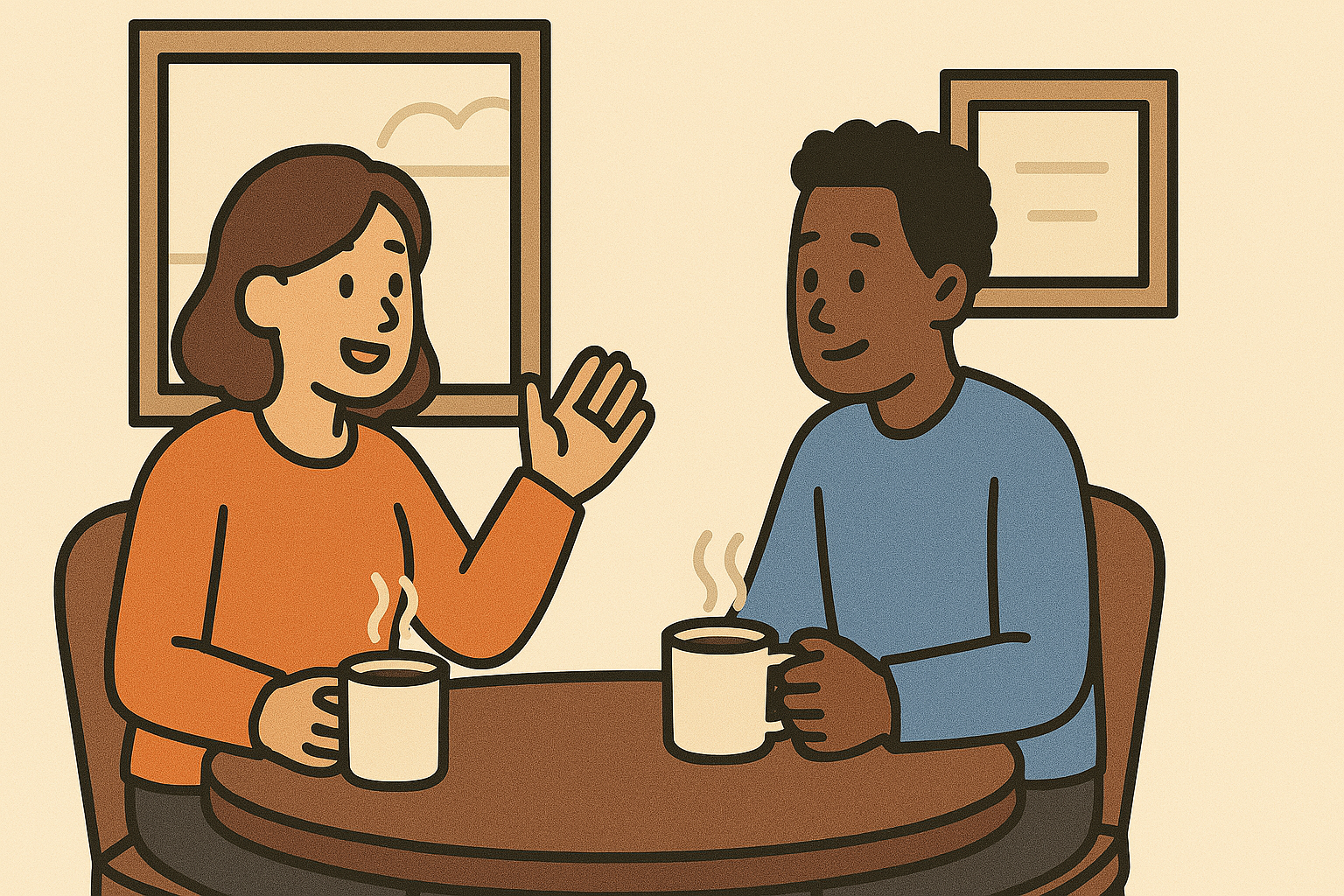
How does reading improve writing and communication skills?
Through reading, you naturally encounter language, writing styles and formats. In turn, this allows you to write and speak better.
“We learn to write by reading. Writing style comes from reading, not from writing instruction.”
— The Power of Reading, Krashen (2004)
How do you make reading a lifelong habit?
1) Read something that interests you.
Pick a book that you would like to read!
If you’re a fan of baseball, pick up a baseball magazine.
If you like action, find a comic book you’ll enjoy.
Starting with something visually engaging can encourage you to read longer texts later on.
You can read more about how to motivate yourself to read in another article.
“People develop a reading habit when they are encouraged, not forced.”
— The Power of Reading, Krashen (2004)
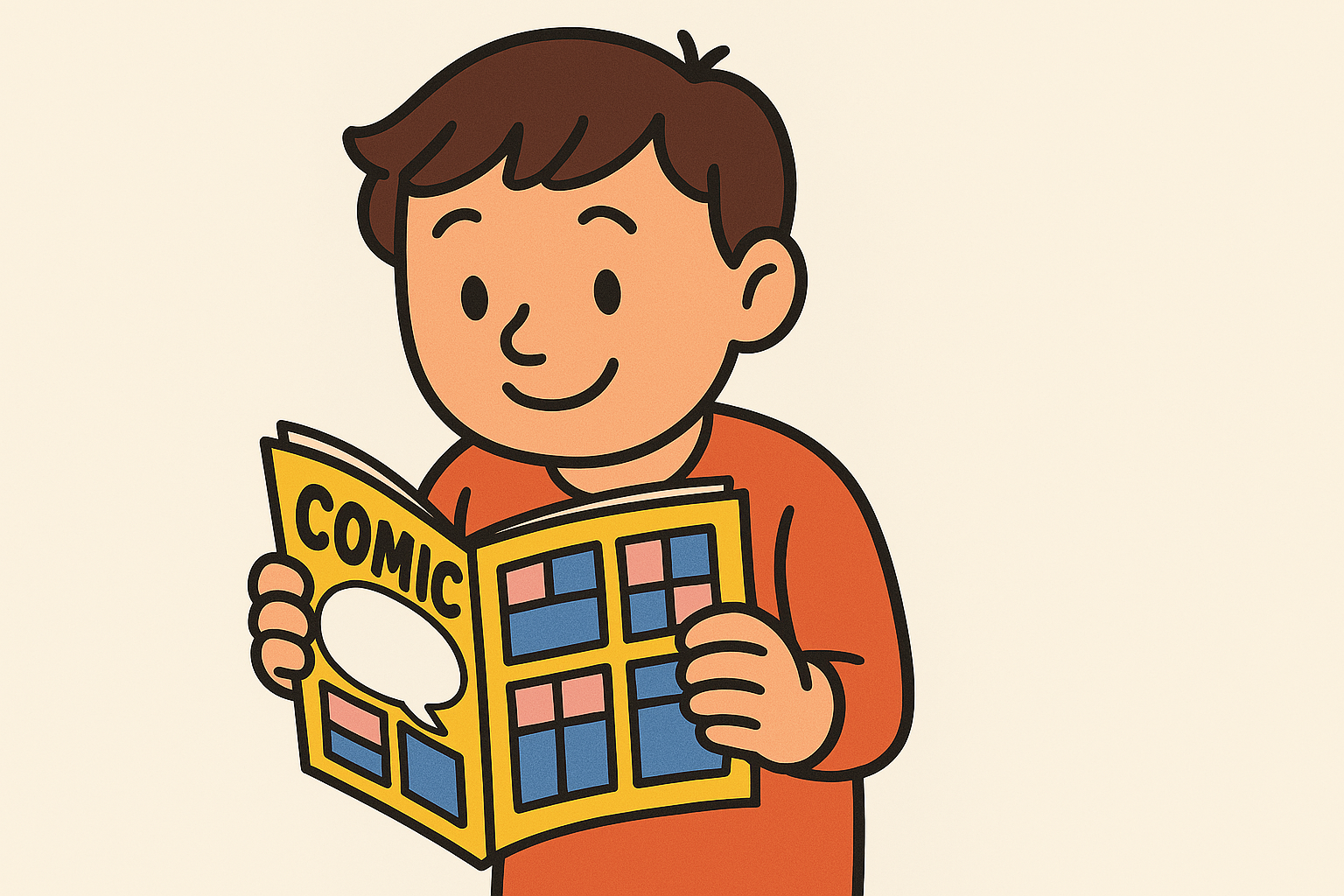
2) Get access to books and a place to read.
If you're in an environment with available books and a comfortable spot to read, kick back and relax with a book in your hands.
Krashen (2004) speaks about creating a reading environment for children to develop the habit of reading, and adults need an area set up for this, too.
"The best way to develop a reading habit in children is to provide access to books, a comfortable place to read, and the time to read them." — The Power of Reading, Krashen (2004)
You could read on your phone or take a book to read during work breaks or on your morning commute.

3) Read with other people! Join a book club or reading group.
Reading with others and having a shared reading goal can create accountability, connection, and responsibility to a group.
Krashen (2004) emphasizes that in a classroom or at home, if a child sees someone reading, they'll be encouraged to read themselves.
"Reading is contagious. Seeing people read and talk about what they are reading is a strong motivator." — The Power of Reading, Krashen (2004)
Look deeper into why group learning is effective here.
Conclusion
As Krashen's research shows, when we read what we enjoy, we naturally develop stronger language skills, deeper empathy, and better comprehension abilities.
By making reading a voluntary, enjoyable activity and creating supportive reading environments, we can cultivate a sustainable habit that enriches our lives far beyond the pages of our books.
References
Krashen, S. D. (2004). The power of reading: Insights from the research (2nd ed.). Libraries Unlimited. Accessed at: [Link]
Berns, G. S., Blaine, K., Prietula, M. J., & Pye, B. E. (2013). Short- and long-term effects of a novel on connectivity in the brain. Brain Connectivity, 3(6), 590-600. https://doi.org/10.1089/brain.2013.0166.

